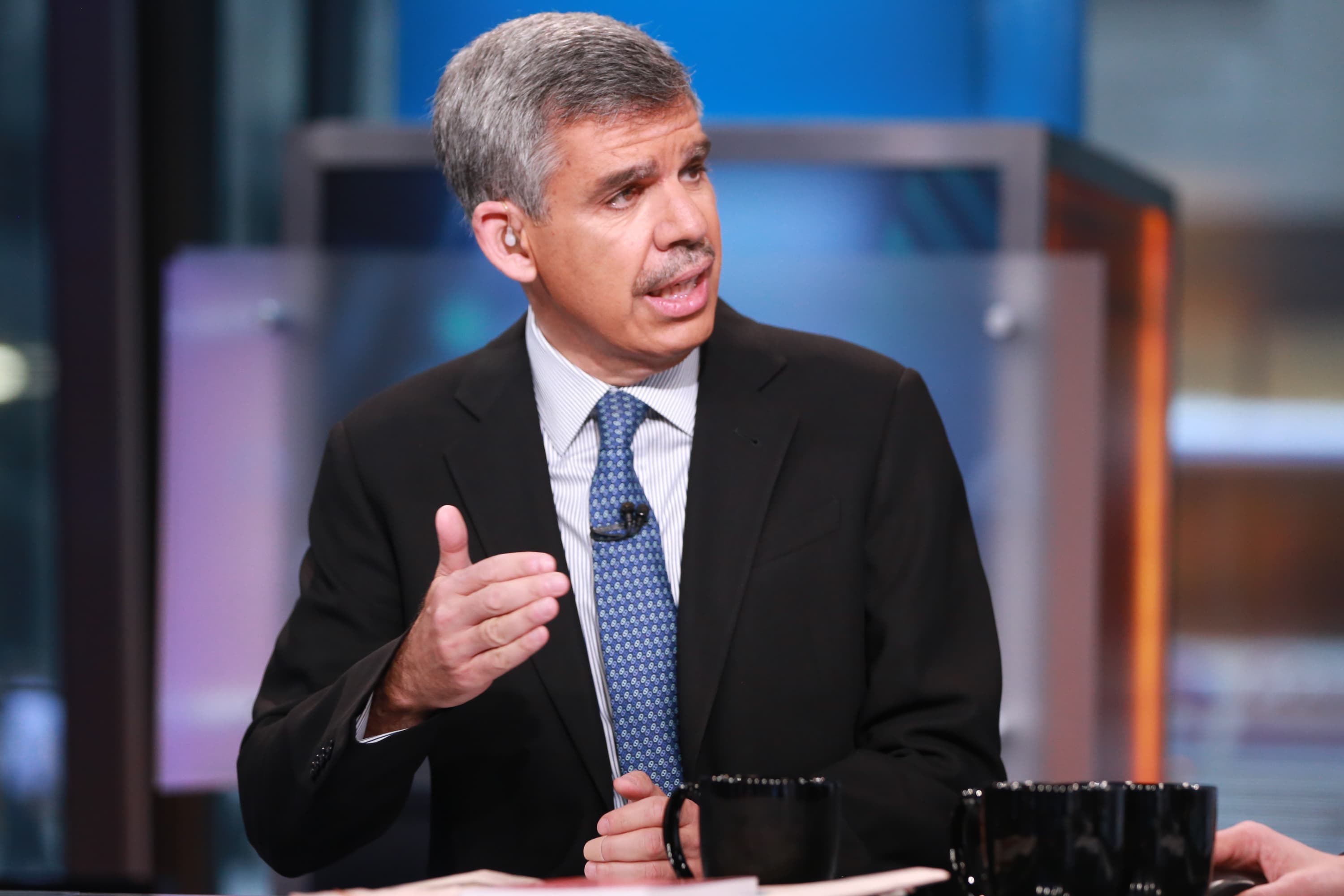Mohamed El-Erian told CNBC on Monday that he considers a wave of corporate bankruptcies as the biggest risk to the stock market’s rally from coronavirus-era lows.
“I think what derails this market isn’t more China-U.S. tension, isn’t more political differences. It would be if we get then large-scale bankruptcies,” the chief economic advisor at Allianz said on “Squawk Box.” ”That is what derails this market. Otherwise, you have a very strong technical supporting this marketplace.”
El-Erian’s comments come as Democrats and Trump administration negotiators have been unable to strike a deal on a broad coronavirus relief package, prompting President Donald Trump to issue a series of executive actions this weekend on issues that include federal unemployment supplements and student loan payments.
Tensions between the U.S. and China also have been rising, particularly regarding Beijing’s sweeping national security law in Hong Kong, and Trump’s recent executive orders involving the Chinese-owned social media app TikTok and Tencent’s popular messaging app WeChat.
Stocks have so far continued to show strength despite the backdrop of geopolitical flare-ups and Washington back-and-forth. The Dow Jones Industrial Average is up more than 250 points on Monday, building off its gain of 3.8% last week. The S&P 500 is also around 1% below its Feb. 19 record high after a robust recovery from its steep coronavirus-induced losses beginning in February and lasting into late March.
El-Erian, formerly co-CEO of investment powerhouse Pimco, contended that the market’s rally in recent weeks has really been about technical indicators, allowing for equities to continue moving higher even in spite of the coronavirus pandemic and other headwinds.
“It’s all been about technicals and that allows the market to over and over again to shrug off fundamentals,” he said. “Do I think there’s a limit to technicals supporting markets on their own? Yes. It just can go on for quite a while.”
El-Erian, who correctly predicted the coronavirus sell-off would continue until a bear market was reached but has been cautious about the recovery, said he worries about the “structurally embedded” economic damage that significant bankruptcies may usher in.
“Bankruptcies go from short-term liquidity problems to long-term solvency problems. If you get that, then unemployment becomes more problematic, and you get capital impairment,” he said. “Believe me, if there’s one thing Federal Reserve money cannot help markets through, it’s capital impairment events.
He added that a plateauing in the U.S. economic recovery from worst of the coronavirus-related carnage would still leave bankruptcies on the table. “We need growth to pick up again,” he said. “We need to get back to this notion of ‘V’ [shaped recovery] as opposed to a square root, where we come up and then level off.”
